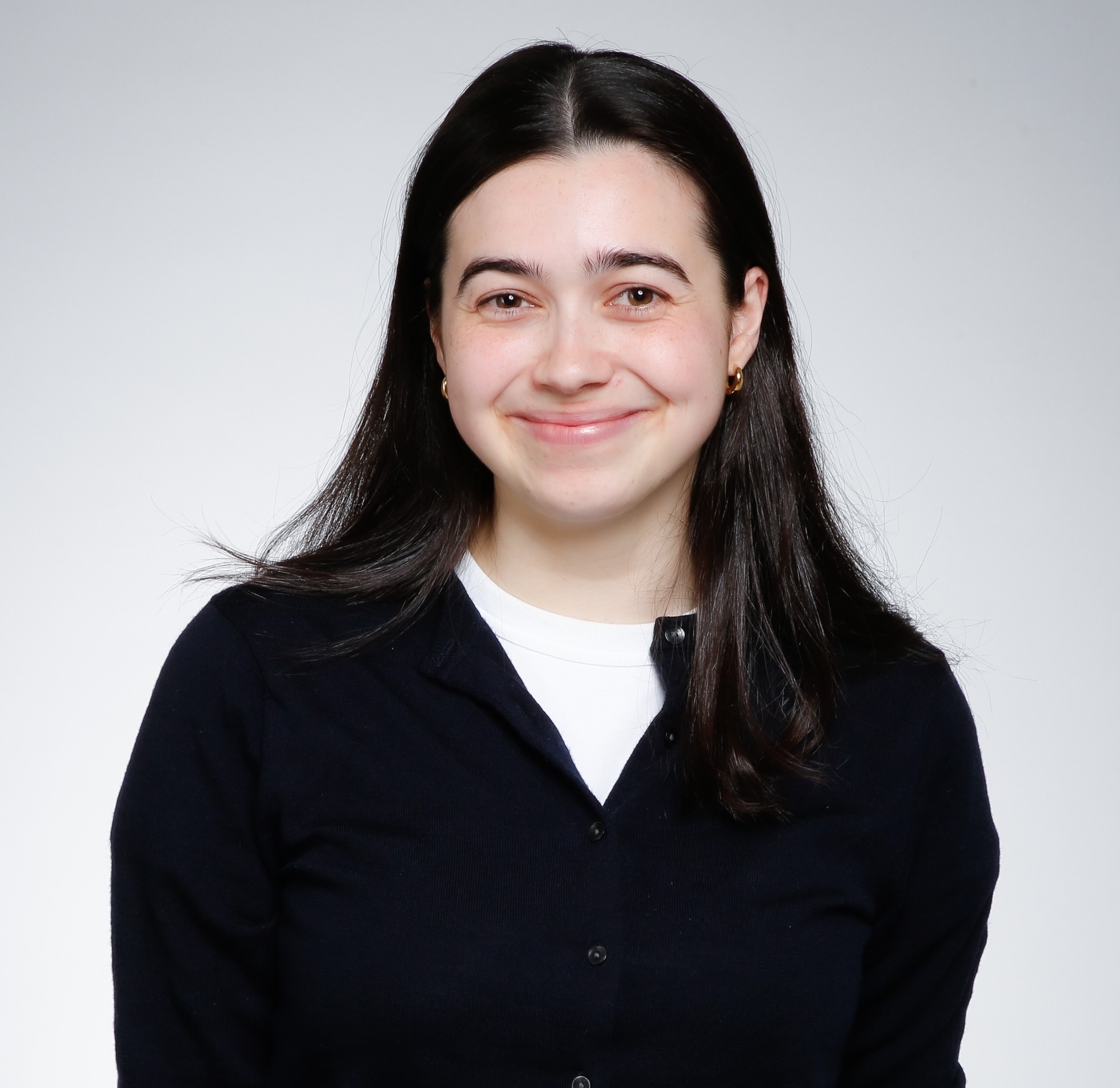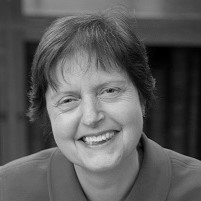Ruby Seger-Bernard, Schools Engagement Officer, and Isabelle Moss, Diversity and Inclusion Officer, reflect on the importance of inspiring girls and young women in science.

In 2025, the Royal Society is celebrating 80 years since the first women were elected to the prestigious Royal Society Fellowship. This anniversary offers a timely reminder that visible role models profoundly influence career aspirations of children and young people. Research shows that girls begin to perceive science, technology, engineering and mathematics (STEM) as more fraught with barriers for them, from as early as ten years old. By the time students reach post-16 education, girls tend to gravitate towards biology and chemistry, whilst boys disproportionately opt for mathematics, physics and computing.
It’s essential that women and other underrepresented groups contribute to all STEM disciplines in the future to help solve key global issues, such as artificial intelligence and climate change. Without women working in these fields, it will be more challenging to find effective solutions.
The Royal Society aims to increase the visibility of women role models, for example, by highlighting case studies of women working in STEM through our STEM Research career roadmap website. We also highlight the research contributions from Royal Society Dorothy Hodgkin Fellowships, which support early career scientists who require flexible working patterns. By amplifying the research outputs of women in science, we aim to inspire girls and young women to pursue STEM career pathways. In tandem with this, we want to contribute to a learning environment where young men will grow up to be allies for women in STEM.
One way we inspire girls to pursue science is through accessible school science initiatives. A free school resource produced by the Royal Society is the Brian Cox school experiments series. This resource provides accessible, affordable classroom experiments for primary and secondary schools, which are accompanied by video interviews showcasing scientists working in academia and industry within related fields. Dame Maggie Aderin-Pocock co-presented the series with Professor Brian Cox FRS, holding interviews with scientists working across England, Scotland and Wales. A featured topic in the series was Machine Learning and AI, with an experiment allowing students to build sorting models for sweets. Scientists featured in the video include role models such as Laura Hanu, a machine learning engineer from Unitary, talking about content moderation using AI, and careers within her industry. Hearing directly from a woman in a leading role in AI can help students break down stereotypes about who “belongs” in computing and engineering.
The Royal Society’s funding scheme, Tomorrow’s Climate Scientists, is an extension of the Partnership Grants scheme, which also changes young people's perceptions of women in science. This grant funds UK schools and colleges up to £3000 to investigate a climate-related question in partnership with a STEM professional. The partnerships established through the scheme offer students and teachers direct access to a scientist working in academia or industry, many of whom are women, providing role models, representation and specialist knowledge. The projects foster sustained engagement between the schools and scientists, and over time, this allows students to gain deeper subject specific knowledge in the sciences, experience using the scientific method practically, and understanding of what it means to be a scientist. An example of the scheme in action can be seen through a fantastic satellite research project by Croydon High School for Girls, which recently received news coverage by the BBC.
These initiatives not only increase opportunities for young people to participate in practical science but also spotlight diverse scientists, inspiring girls and young women to consider STEM careers. As we celebrate 80 years of women being part of the Fellowship at the Royal Society, we remain committed to tackling gender inequality in STEM through research, policy work and school engagement.
To find out more about the Women in STEM programme, visit our dedicated webpage. Find out more about the Partnership Grants scheme and access the entire Brian Cox school experiments series for free.







